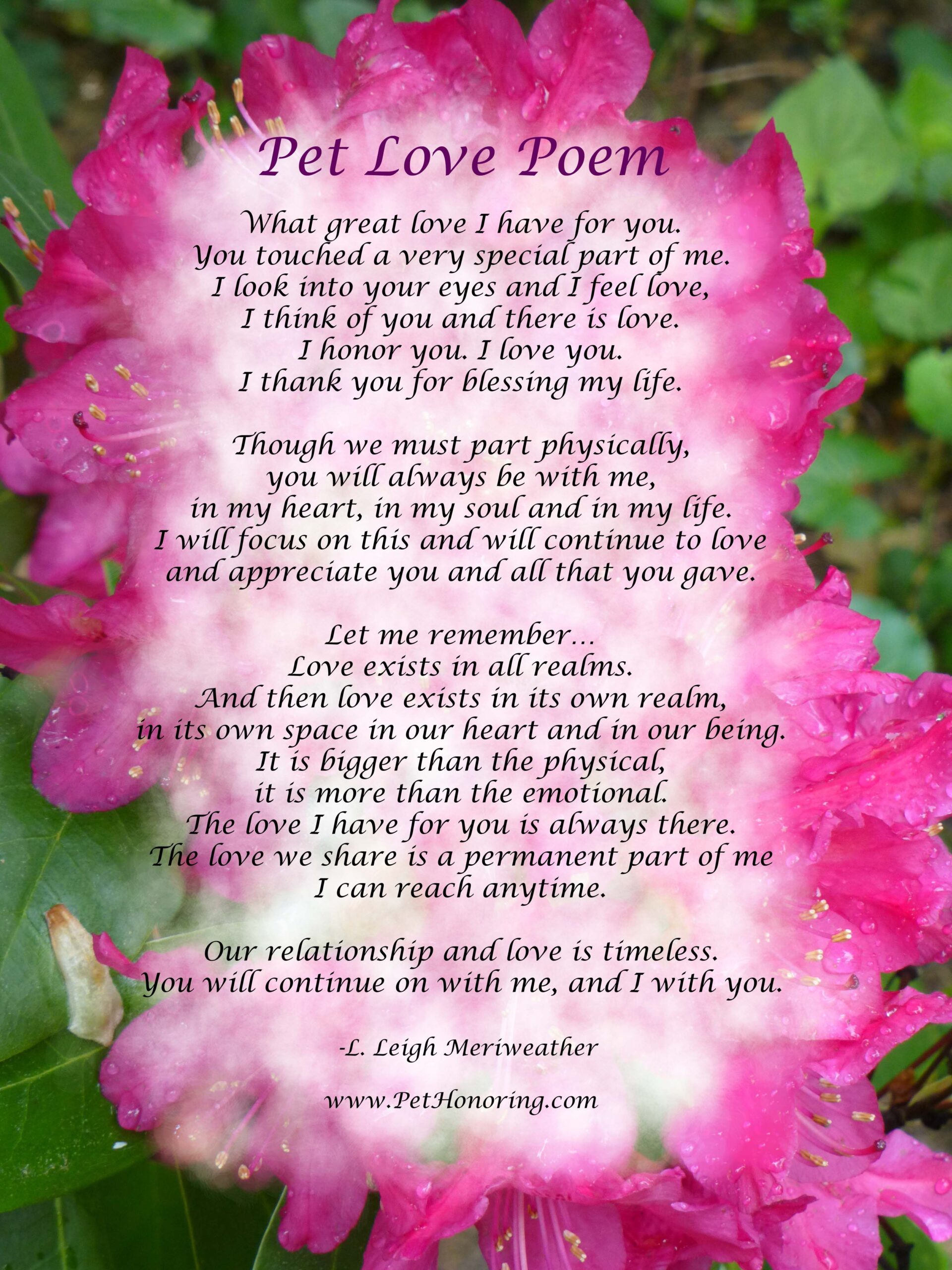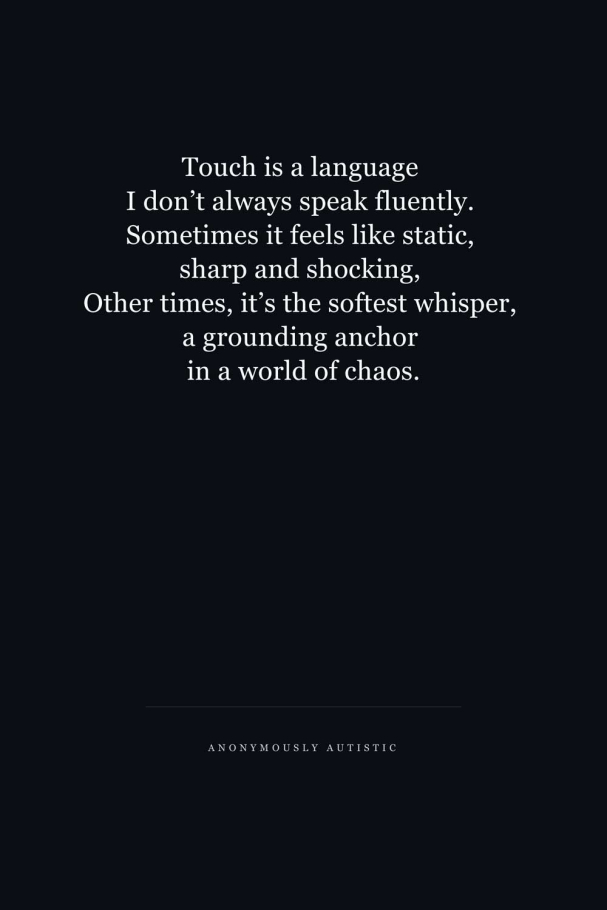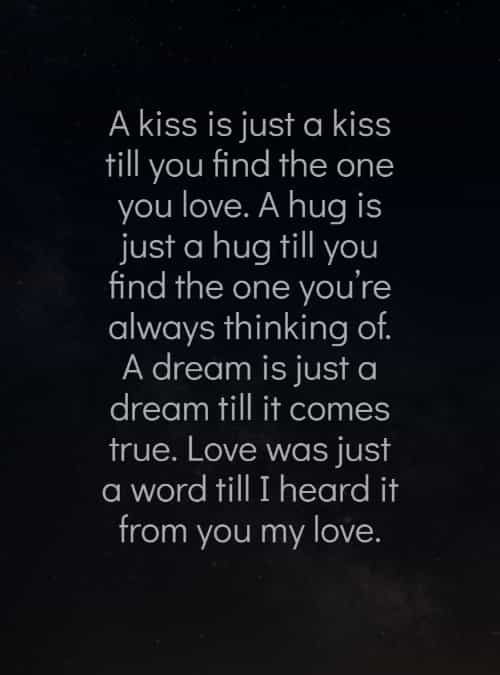Why True‑Love Poetry Still Moves the Heart

If you’ve ever cracked open a book of verses on a rainy afternoon, you know the feeling: a single line can make the world melt away and leave you breathless. True‑love poems have that magic because they touch a universal chord—an affection that feels both ancient and fresh. In this article we’ll stroll through 30 timeless poems that capture the essence of true love, sprinkle in a handy table for quick reference, and even toss a few real‑world analogies to keep things lively.
A Quick Peek‑At‑The‑Line‑Up (Ordered List)

- “Sonnet 18” – William Shakespeare
- “She Walks in Beauty” – Lord Byron
- “How Do I Love Thee?” – Elizabeth Barrett Browning
- “A Red, Red Rose” – Robert Burns
- “When You Are Old” – William Butler Yeats
- “The Passionate Shepherd to His Love” – Christopher Marlowe
- “Love” – George Gershon Murray
- “I Carry Your Heart” – E.E. Cummings
- “The Good‑Morrow” – John Donne
- “Because I Could Not Stop for Death” (Love in the afterlife) – Emily Dickinson
- “Annabel Lee” – Edgar Allan Poe
- “She’s Got a Way” – James McDonald
- “To My Dear and Loving Husband” – Anne Bradstreet
- “The River” – William Wordsworth
- “Love After Love” – Derek Walcott
- “The Promise” – Emily Dickinson
- “When You Are Old” – Yeats (again, for its double‑vision)
- “A Valediction: Forbidding Mourning” – John Donne
- “Song of the Open Road” – Walt Whitman
- “I Want to Be the One” – Langston Hughes
- “Bright Star” – John Keats
- “Love’s Philosophy” – Percy Bysshe Shelley
- “I Loved You First” – Paul Celan
- “Ode to a Nightingale” (the lover’s yearning) – Keats
- “If You Are a Bird” – Rumi
- “The More I See You” – William Adams
- “The Love Song of J. Alfred Prufrock” (its longing) – T.S. Eliot
- “Shall I Compare Thee?” – Shakespeare (again, because it fits!)
- “The Silken Tent” – Robert Cranwell
- “Love Is Not All” – Edna St. Vincent Millay
Tip: When you first explore these verses, read them aloud. The rhythm often reveals hidden emotions that silent reading can mute.
The Table of Quick Facts
| # | Poem (Title) | Poet | Year • Culture | Notable Line |
|---|---|---|---|---|
| 1 | Sonnet 18 | Shakespeare | 1609 – English Renaissance | “Shall I compare thee to a summer’s day?” |
| 4 | A Red, Red Rose | Burns | 1794 – Scottish Romanticism | “My love is like a red, red rose.” |
| 8 | I Carry Your Heart | Cummings | 1952 – Mid‑20th American | “i carry your heart with me (i carry it in my heart)” |
| 12 | She’s Got a Way | McDonald | 1987 – Contemporary | “She’s got a way of turning the ordinary into the extraordinary.” |
| 21 | Bright Star | Keats | 1819 – Romantic | “Bright star, would I were steadfast as thou art.” |
| 30 | Love Is Not All | Millay | 1931 – Modernist | “Love is not all: it is not enough.” |
The table is a cheat‑sheet for quick reference—perfect when you’re planning a romantic playlist or a themed literary brunch.
How These Poems Fit Into Everyday Life (Unordered List)
- Coffee dates: Drop a line from “She Walks in Beauty” on a napkin; it’ll feel as thoughtful as a handwritten note.
- Wedding vows: Many couples weave Shakespeare’s “Shall I compare…” into their promises because it’s instantly recognizable and timeless.
- Marketing copy: A boutique hotel might echo “A Red, Red Rose” in its brochure to evoke romance without sounding cliché.
- Design choices: Consider the analogy—a law firm might use Garamond for its classic authority, while a tech startup could go with Montserrat for a fresh, modern feel. Similarly, pairing a poem with the right visual aesthetic (e.g., a soft pastel background for “When You Are Old”) amplifies emotional impact.
Themes That Keep Reappearing
- Eternal vs. fleeting – Shakespeare’s sonnets argue that poetry grants immortality; Burns’ rose warns that passion can wilt.
- Nature as metaphor – Keats and Shelley both use stars, rivers, and seasons to illustrate love’s cycles.
- Spiritual union – Rumi and Whitman elevate love beyond the physical realm, suggesting a shared soul.
When you read a poem, ask yourself: Which of these themes resonates most with my current love story? The answer often guides which verses will feel most personal.
Frequently Asked Questions
Q1: How do I choose the right poem for a special occasion?
Pick a piece that matches the tone you want—playful, reverent, or nostalgic. For a first‑date, a brief, light‑hearted stanza like Burns’ “A Red, Red Rose” works wonders. For an anniversary, lean into deeper reflections such as Donne’s “A Valediction: Forbidding Mourning.”
Q2: Can I adapt these classic poems for modern wedding vows?
Absolutely! Many couples paraphrase or fuse lines. Just keep the original spirit intact; a slight tweak (e.g., swapping “summer’s day” for “sunny Saturday”) makes it feel fresh while honoring the source.
Q3: I’m not a poetry expert—how can I remember these titles?
Create a simple mnemonic or a “poem playlist” on your phone. Group them by era or theme; listening to them in order solidifies memory, much like a curated Spotify list.
Q4: Are there any poems about love that aren’t romantic?
Yes! “Love Is Not All” by Millay examines love’s limits, while “The Good‑Morrow” by Donne celebrates shared destiny rather than overt passion. Exploring non‑traditional perspectives broadens your appreciation of love’s many shades.
Bringing It All Together
True love, whether whispered at midnight or celebrated on a grand stage, has been a muse for centuries. The 30 poems above are more than literary artifacts—they’re conversation starters, emotional compasses, and, sometimes, the perfect caption for an Instagram photo.
Next time you sit with a cup of coffee, flip through a poetry anthology, or scroll through a gallery of love quotes, let one of these timeless verses guide your thoughts. You might discover that the line you choose to share today becomes someone else’s treasured memory tomorrow.
So grab a favorite poem, read it aloud, and let the rhythm remind you that love, in all its forms, is indeed timeless.
